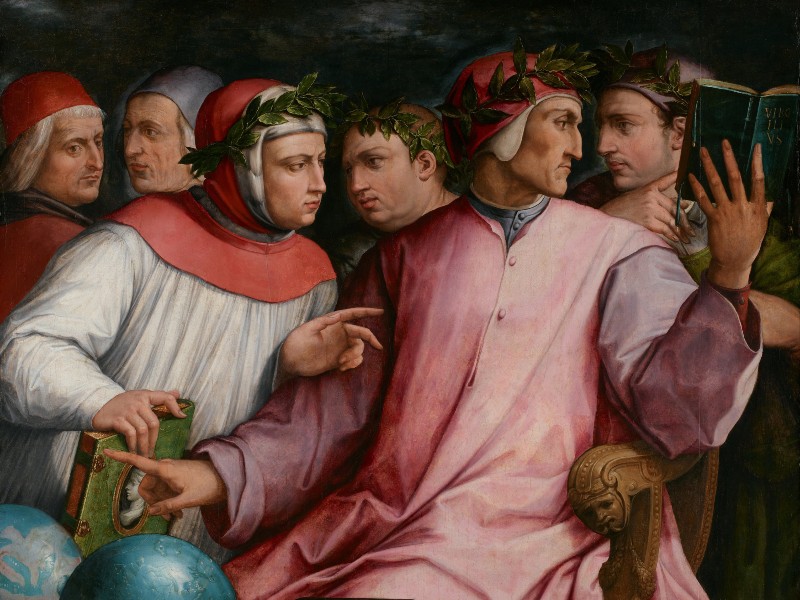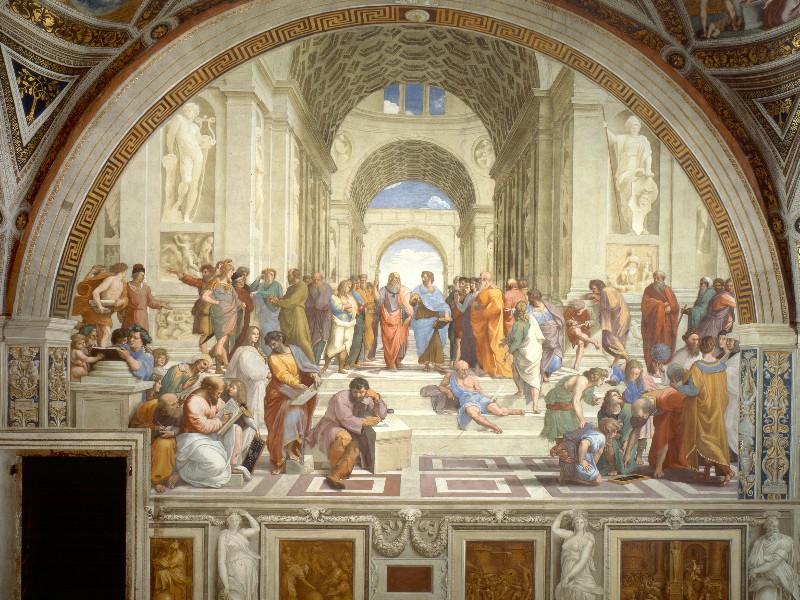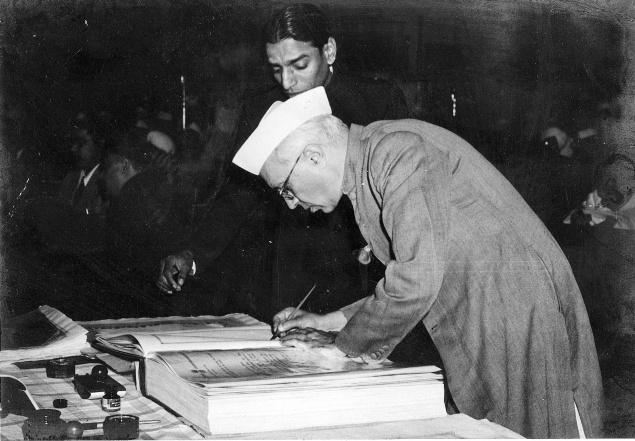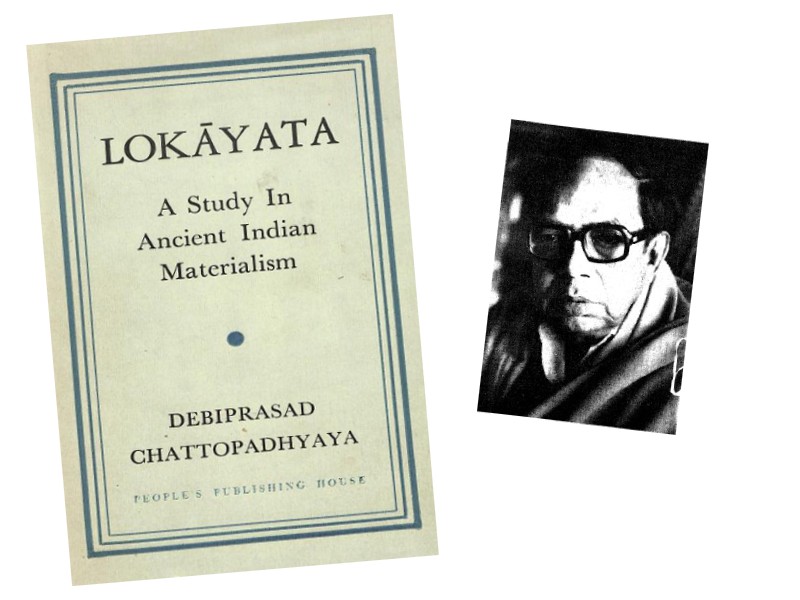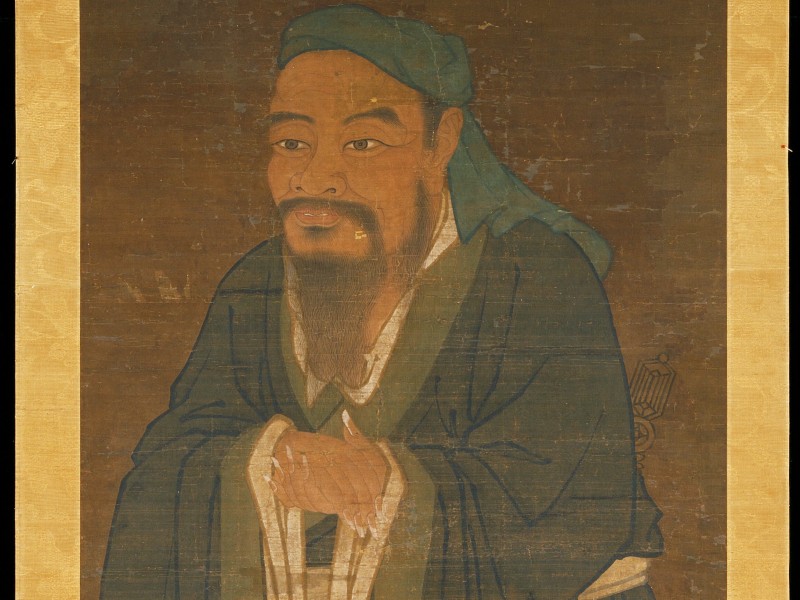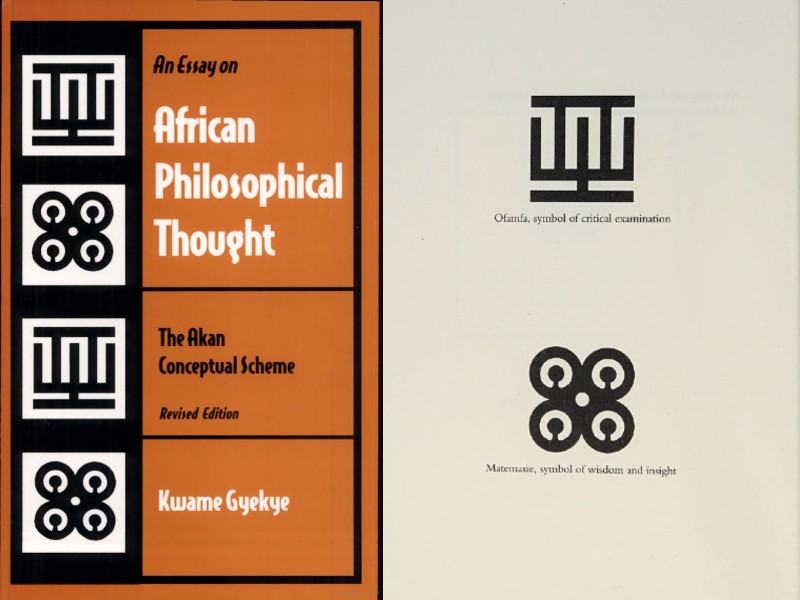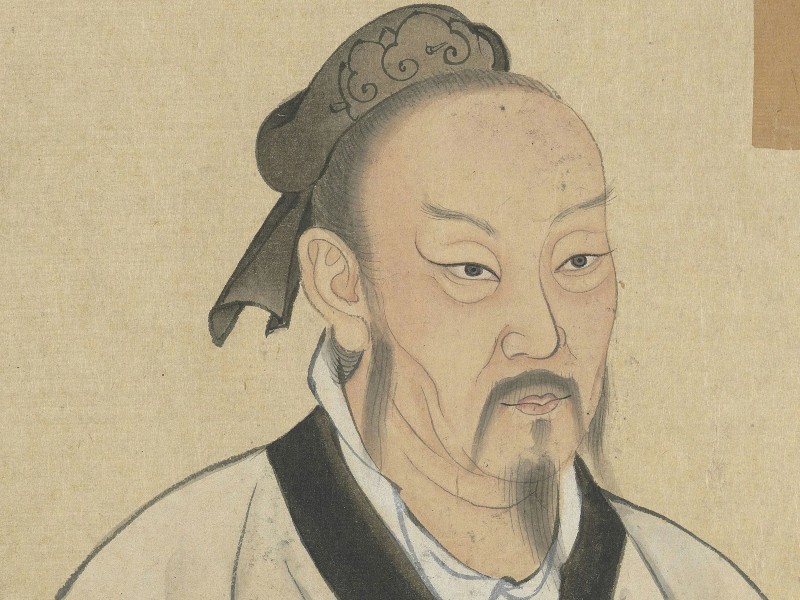
Humanism and humanist thinking are indigenous to many different cultures, though expressed differently and to varying degrees. Nonetheless, common themes such as altruistic morality, an emphasis on human agency and welfare, equality, the entitlement to rights and freedoms, and an evidence-based or naturalistic approach have been found the world over.
Essentially, humanists believe that people have an innate capacity for goodness, and advocate for an environment where human flourishing is possible. Humanists do not believe in an afterlife, where punishment for evil or rewards for doing good in this world will be heaped upon an individual after death. Instead, their focus is on being the best human being one can be to others, here, now, and in the one life we have.
